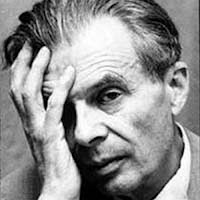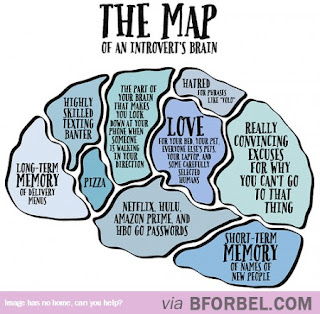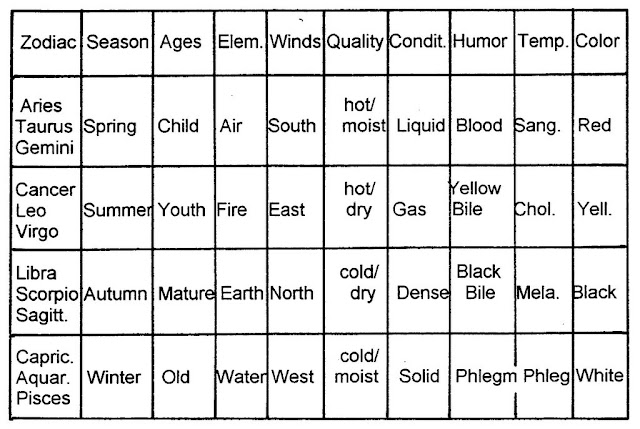Dystopia (Day 2);
Period 1: Until 8:00 or so. Please take 10 minutes this morning and read the article on Maslowe & Allie Bosch's comic article on "Motivation". Get motivated now! In the next 20-30 minutes continue to create a perfect world or society (from last class). Give your fictional world a name. Feel free to draw your world on the paper provided. Be prepared to share your "vision" of a perfect world/place with the class next class. Questions to consider: What would make our world better? Who would get to live in it? Who would govern it? How would these improvements be possible? What has to happen to make these changes? What resources would be needed? How would these resources be protected or replicated? How would our beliefs or minds need to change to allow this better world to occur? How would this world be sustained? How would people have to behave? What would people have to believe? How would this world answer the problems of poverty, fr




